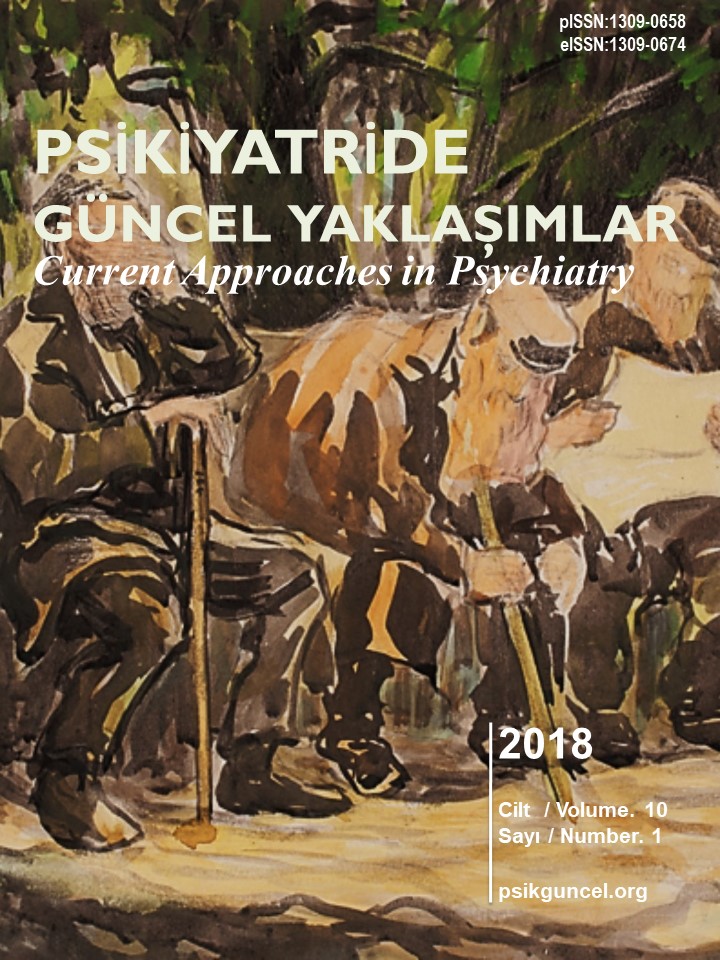Dikkat Eksikliği Hiperaktivite Bozukluğu ve Genetik
Attention Deficit Hyperactivity Disorder and Genetics
Author(s): Fatih Hilmi Çetin, Yasemen IşıkSubject(s): Psychology, Clinical psychology
Published by: Çukurova Universitesi Tip Fakultesi Psikiyatri Anabilim Dalı
Keywords: attention deficit and hyperactivity behavior; genetic;
Summary/Abstract: Attention Deficit Hyperactivity Disorder (ADHD) is a neurodevelopmental disorder of which three basic symptoms are lack of attention, over-activity that is improper to the age and impulsivity, all of which appear in childhood. Its incidence is %5-12 in children and %4.4 in adults throughout the world. ADHD provides a basis for important problems for both patient, family and society and thus it is important to diagnose the disorder early and understand the factors that create predisposition to the disorder. ADHD is a multifactorial disorder with an etiology of genetic and environmental com-ponents. The importance of genetic factors first implied by Cantwell and Morrison is supported by many studies ever since. All these studies showed that inheritance rate of ADHD is as high as %76. The aim of this article is to explain ADHD genetics in categorization of twin studies, adoption studies, family studies, segregation analyzes and molecular genetic researches and to review the genetic component of ADHD.
Journal: Psikiyatride Güncel Yaklaşımlar
- Issue Year: 10/2018
- Issue No: 1
- Page Range: 19-39
- Page Count: 21
- Language: Turkish

